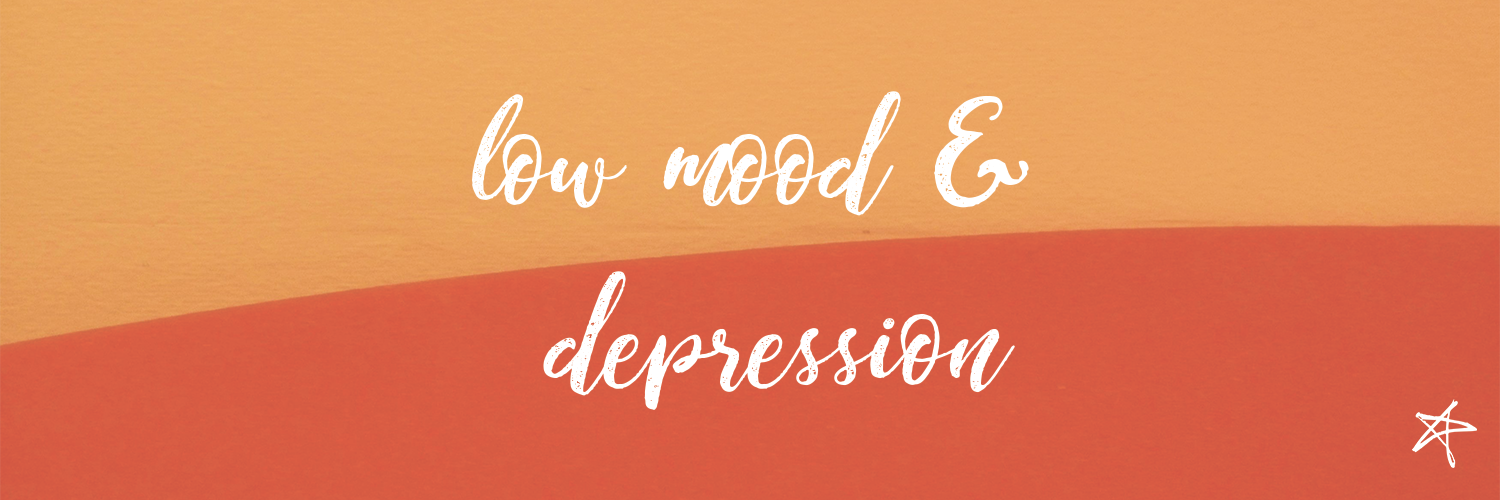
We all experience periods of low mood in our lifetime and feel miserable or sad about life. For some people these bouts of low mood can be short-lived and manageable, but for others these periods can become prolonged and can interfere with their day-to-day functioning.
When we are feeling low in mood we may have ways of dealing with it, some of which may be helpful, such as physical activity, having a healthy diet, engaging with friends and family, having a good sleep pattern and enjoying periods of relaxation. Sometimes we may have coping mechanisms that may not necessarily be helpful, like eating a bit more or less, avoiding friends, sleeping more or less, drinking alcohol etc. We need to become more self-aware and possibly seek help when these feelings of low mood and behaviours become ‘the norm’ rather than the exception.
Symptoms of depression may include any of the following:
- Feelings of hopelessness
- Self hatred
- An inability to enjoy things which were once pleasurable
- Guilt
- Loss of energy or motivation
- Loss of sex drive
- Disturbed sleep
- Poor concentration, indecisiveness
- Irritability, anger
- Social withdrawal
- Unexplained aches and pains
- Recurring thoughts of death or suicide
The key difference between depression and low mood is when the feelings continue despite taking positive steps to help manage low mood.
For further information please visit:
Rethink - What are the signs and symptoms of depression?
https://www.nhs.uk/conditions/clinical-depression
https://www.mentalhealth.org.uk/a-to-z/d/depression
https://www.rcpsych.ac.uk/mental-health/problems-disorders/depression




